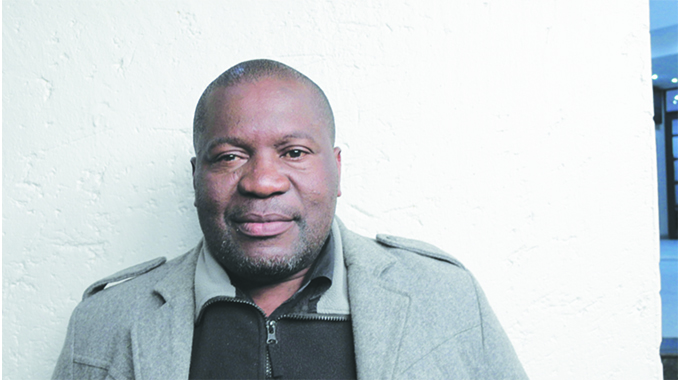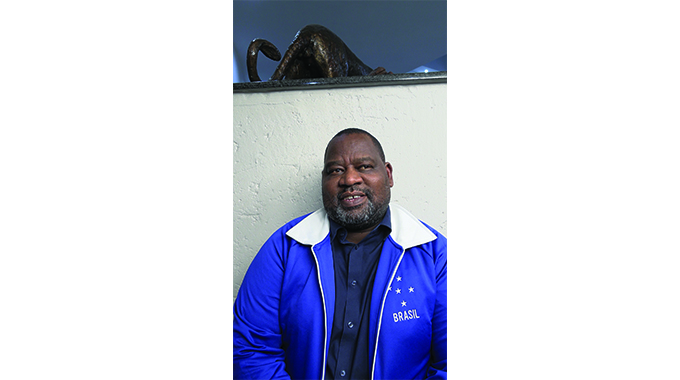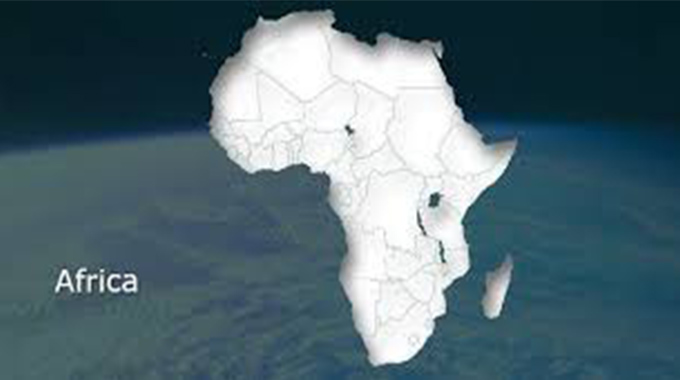Animal rights group-funded report denounced for lying about hunting Botswana elephants

Emmanuel Koro, [email protected]
BOTSWANA was recently targeted by an animal rights group-funded report saying international hunting is threatening the Sadc country’s wildlife, including its elephant population and impoverishing hunting communities.
Yet, Botswana is elephant-over-populated and international hunting is not at all endangering its elephants and its hunting communities are benefiting from hunting.The Botswana rural communities recently said “hunting is the largest and booming industry that we have ever known in the 21st century.”
Records show that Botswana hunting communities are collectively receiving upwards of P26 million (US$2 million) annually, supporting community infrastructure such as mortuaries, stores, lodges and solar energy. Tractors, farm implements, bursaries and most importantly habitat and wildlife conservation projects are also being supported by hunting revenue, including the employment of game rangers.Funded by a Switzerland-based wealthy animal rights group, Fondation Franz Weber, the Dr Adam Cruise-written report has been denounced and dismissed by Sadc hunting communities as “harmful to both elephants and hunting communities.”
Dr Cruise is a South Africa-based Doctor of Philosophy graduate of the University of Stellenbosch.Meanwhile, the Secretary for the Southern Africa Community Leaders Network, Namibia-based Ms Maxi Louis said Dr Cruise’s report on Botswana elephants “is false.”She said she met Dr Cruise in Panama at the November 2022 CITES CoP19 meeting and realised that “he is an animal rights groups person who claims to be pursuing a career in conservation.”

Kevin Mfishani
“I am shocked that an anthropologist who has no science background in terms of wildlife management is the one who is making recommendations on how we should manage elephant populations in Southern Africa, including Botswana, as what? Botswana has very good elephant management models and that’s why they have so many elephants because their management models are working.”Ms Louis said apart from hunting, the Botswana Government should be considering to cull it’s large elephant population “because of the damage that these elephants are causing to the ecosystem.”
Many people wonder why animal rights groups continue to demonise international hunting despite the socio-economic and conservations benefits it brings.
“The hunting secures the most habitat, provides the largest share of poaching control and of the operating budget of the management authorities,” said the president and founder of the USA-based Conservation Force, Mr John Jackson III.
“Although essential and irreplaceable, it (international hunting) is being eliminated by know-nothing zealots and self-focused opportunists.”
In his dismissed report, Dr Cruise wrote it has been claimed that the proceeds of trophy hunting provide essential revenue streams for local communities and the conservation of wildlife in marginal areas where photographic tourism “is at a minimum or largely absent.”
“After a six-week field-investigation, complemented by a detailed literature research, it was found that trophy hunting failed to provide tangible financial benefits to local communities, did not assist with the conservation of wildlife populations and did not mitigate elephant-conflict incidences,” said Dr Cruise.
“This investigation showed that trophy hunting continued to impoverish local communities, cause the decline in wild species and heighten human-elephant conflict situations.”
Botswana’s Ngamiland Council of NGOs Executive Director Mr Siyoka Simasiku denounced Dr Cruise’s report because “elephants aren’t endangered by international hunting and the income earned is life-changing because it’s benefiting communities socio-economically.”
“The benefits from international hunting include potable water, solar power, housing, habitat and wildlife conservation. We use hunting revenue to employ community escort guides to see that there is no wildlife poaching and illegal off-take in the hunting areas.”
In a press statement, the Botswana Department of Wildlife and National Parks (DWNP) Director Dr Kabelo Senyatso said the DWNP “notes with concern and disappointment a report by Dr Adam Cruise titled Investigation into the trophy hunting of elephants” in Botswana’s Community-Based Natural Resource Management, which work was funded by Fondation Franz Weber.
“Elephants are an example of a species whose numbers have increased in Botswana as a consequence of judicious management by Government and its partners, including Community Based Organisations,” said Dr Senyatso.
He said the World Conservation Union (IUCN) Red List released in March 2021, noted that while savannah elephants have declined across Africa, Botswana (and the Kavango Zambezi Transfrontier Conservation Area) are reporting stable or increasing populations, “which attests to the successes of the approaches in use by the Government of Botswana, which includes trophy hunting.”
Meanwhile, Zambia-based Chairperson of the Southern African Community Leaders Network, Dr Rodgers Lubilo said, “Adam Cruise seems to have a personal grudge with certain people who are promoting sustainable livelihoods in Sadc countries.”
“We condemn and denounce his falsehoods. To the contrary trophy hunting is a game-changer in Sadc hunting communities. Personally, I am a product of international hunting revenue having grown up in a rural community in South Luangwa and was schooled at a hunting revenue education facility, together with my colleagues.”He said “we have community structures that make communities able to respond to global threats such as climate change.”
“So Adam Cruise to us is an enemy of the people and of wildlife conservation because he is creating falsehoods that threaten wildlife that he is talking about.”

Siyoka Simasiku – Executive Director for Ngamiland Council of NGOs, Botswana[7551]
“I am not so sure about the methodology Dr Adam Cruise is using to come up with his findings because the average elephant population growth annually is around 5 percent and hunting quotas are well below 0,5 percent of the total population and the hunting quotas are never exhausted,” said the Zimbabwe Communal Areas Management for Indigenous Resources Association Project Officer Mr Kevin Mfishani.
Dr Senyatso said it must be noted that elephant quotas in Botswana are set at a very conservative level, typically ranging from 0,04 percent to a maximum of 0.23 percent of the total huntable population (which is about 75 percent of the population).
“This is well below the ‘rule-of-thumb’ of 0,5 percent of the total population that hunting managers (including in Europe and America) generally use for wildlife off-take, and so there is no basis to the claim that the Botswana elephant quota is unsustainable nor catastrophic for the elephants.”
Emmanuel Koro is a Johannesburg-based international award-winning environmental journalist who writes independently on environmental and developmental issues in Africa.












Comments